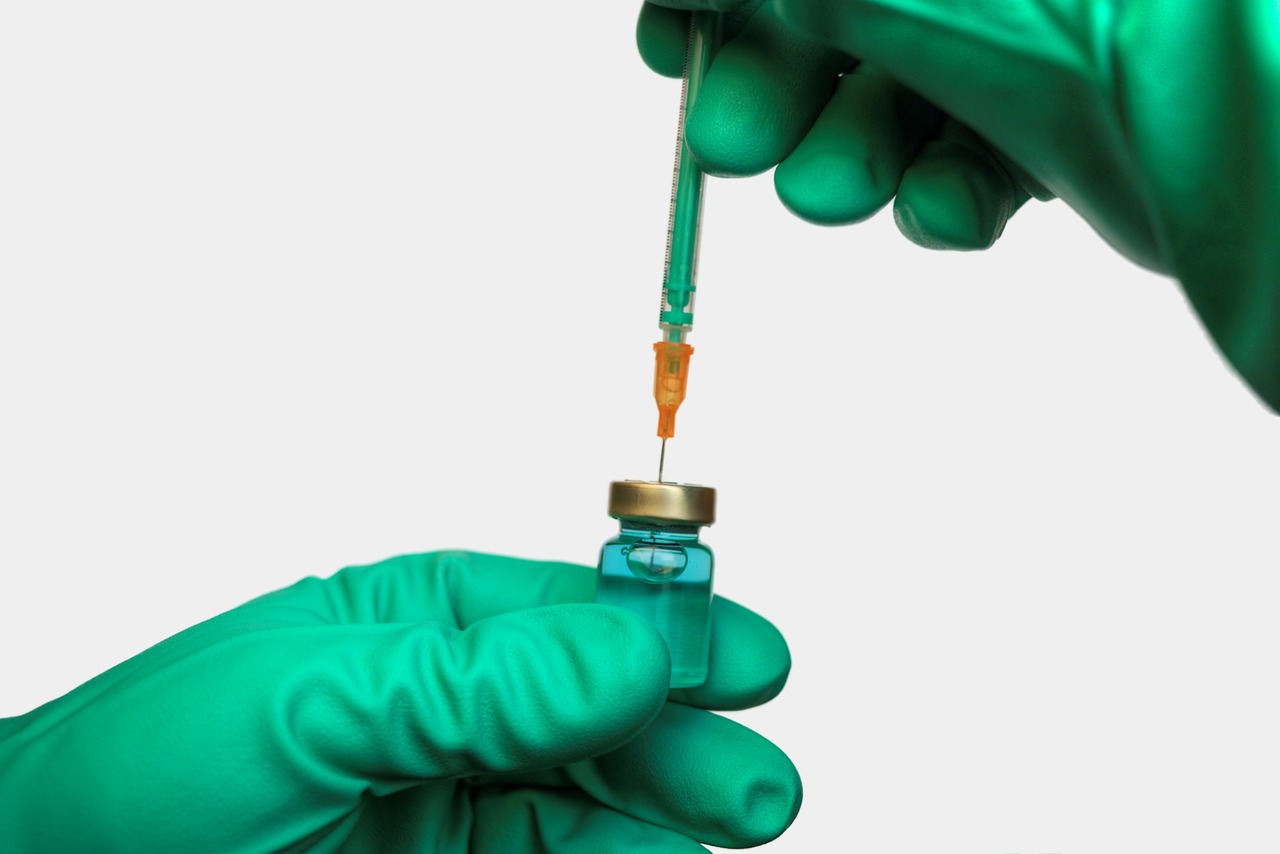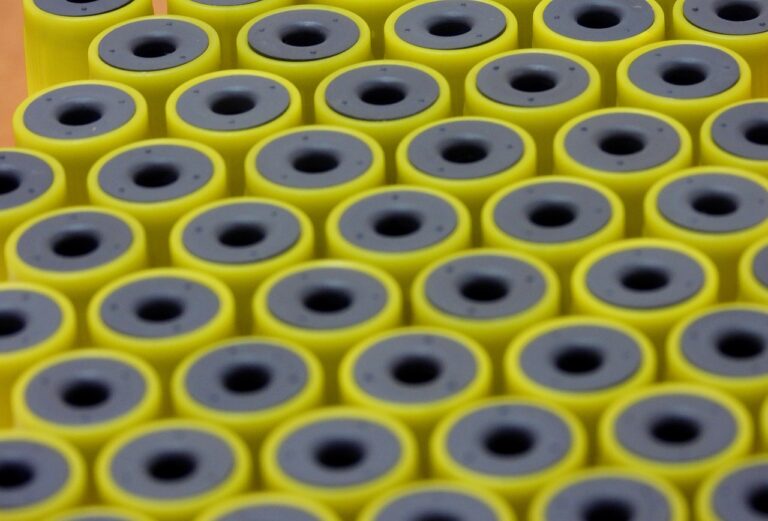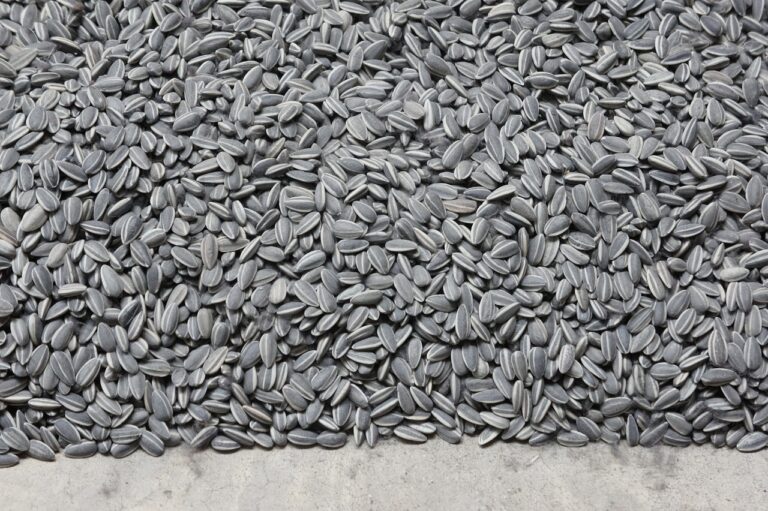Understanding Sperm DNA Fragmentation and Male Fertility
skyexchange login, world777 login, golds bet login: Understanding Sperm DNA Fragmentation and Male Fertility
Male infertility is a common issue that affects many couples trying to conceive. While it’s often assumed that infertility is solely a female problem, studies show that male factors contribute to around 40% of infertility cases. One factor that can significantly impact male fertility is sperm DNA fragmentation.
What is Sperm DNA Fragmentation?
Sperm DNA fragmentation refers to the damage or breakage in the DNA strands within a sperm cell. This damage can occur due to various factors such as oxidative stress, environmental toxins, advanced paternal age, or underlying medical conditions.
Why Does Sperm DNA Fragmentation Matter?
The integrity of sperm DNA is crucial for successful embryo development and pregnancy. High levels of DNA fragmentation in sperm can increase the risk of miscarriage, failed implantation, and birth defects in offspring. It can also impair sperm function, leading to reduced fertility potential.
How is Sperm DNA Fragmentation Tested?
Sperm DNA fragmentation can be assessed through specialized tests like the sperm chromatin dispersion (SCD) test, sperm chromatin structure assay (SCSA), or terminal deoxynucleotidyl transferase dUTP nick end labeling (TUNEL) assay. These tests measure the percentage of sperm cells with damaged DNA and provide valuable insights into male fertility.
Factors Contributing to Sperm DNA Fragmentation
Several factors can contribute to sperm DNA fragmentation. These include:
1. Lifestyle factors: Smoking, excessive alcohol consumption, drug use, poor diet, and obesity can increase oxidative stress and DNA damage in sperm.
2. Environmental toxins: Exposure to pollutants, pesticides, heavy metals, and radiation can negatively impact sperm DNA integrity.
3. Medical conditions: Chronic diseases, infections, hormonal imbalances, and genetic disorders can affect sperm quality and DNA fragmentation.
4. Age: Advanced paternal age is associated with higher levels of sperm DNA fragmentation due to increased oxidative stress and cellular damage.
Effects of Sperm DNA Fragmentation on Male Fertility
High levels of sperm DNA fragmentation can impair sperm motility, morphology, and fertilization potential, leading to decreased fertility. It can also result in recurrent pregnancy loss, lower pregnancy rates, and higher rates of embryo abnormalities.
Treatment Options for Sperm DNA Fragmentation
Fortunately, there are several treatment options available to improve sperm DNA integrity and male fertility. These include lifestyle modifications, antioxidant supplements, hormone therapy, and advanced assisted reproductive technologies like intracytoplasmic sperm injection (ICSI) and sperm selection techniques.
FAQs
Q: Can sperm DNA fragmentation be reversed?
A: While some lifestyle changes and treatments can reduce DNA damage in sperm, complete reversal may not always be possible. However, improving sperm DNA integrity can enhance fertility outcomes.
Q: How does age impact sperm DNA fragmentation?
A: Advanced paternal age is associated with higher levels of DNA fragmentation in sperm due to increased oxidative stress and cellular damage. It’s recommended for older men to undergo fertility testing to assess sperm quality.
Q: Is sperm DNA fragmentation linked to genetic disorders in offspring?
A: High levels of DNA fragmentation in sperm have been associated with an increased risk of genetic abnormalities and birth defects in offspring. It’s essential to address DNA damage in sperm to reduce these risks.
In conclusion, understanding sperm DNA fragmentation is crucial for assessing male fertility and optimizing reproductive outcomes. By identifying and addressing factors that contribute to DNA damage in sperm, men can improve their chances of conceiving and having healthy offspring. Seeking guidance from fertility specialists and undergoing appropriate testing can help couples navigate infertility challenges and achieve their dream of parenthood.







